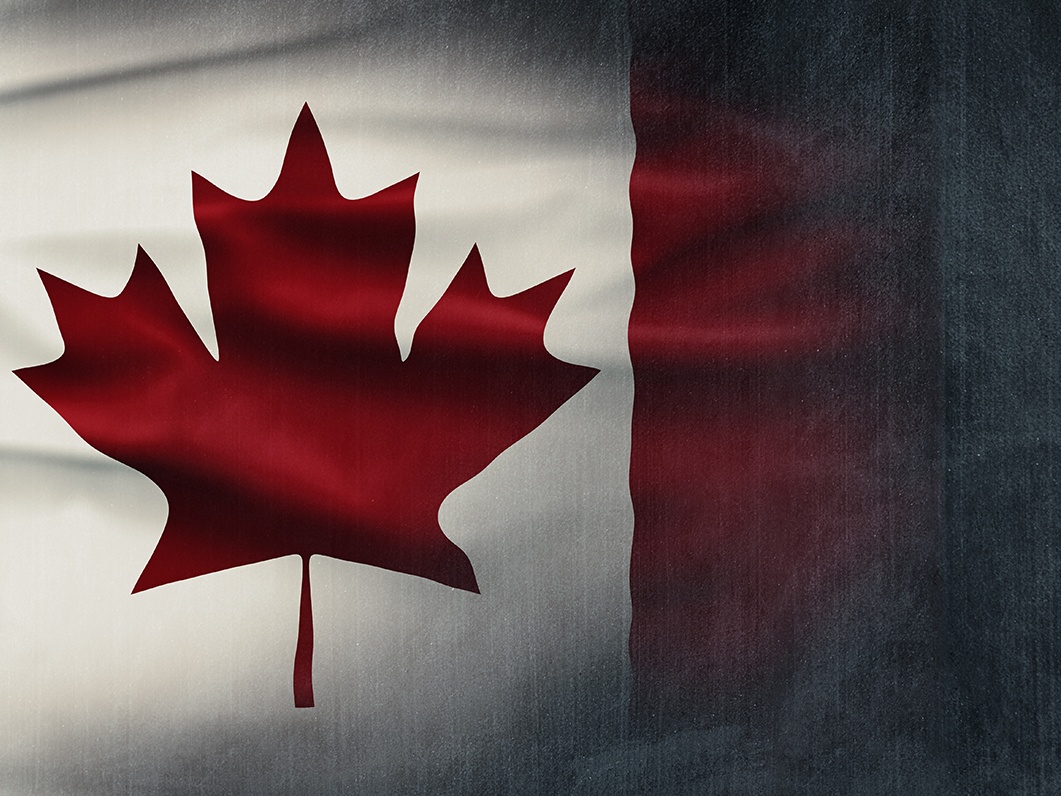With two U.S. senators from New York earlier this month calling for investigations into unfair trade subsidies to Canadian onion growers, the U.S. onion industry continues to feel the effect of below-production prices on onions from that country.
On Feb. 7 Senators Kirsten Gillibrand, who is also a member of the Senate Ag Committee, and Senate Minority Leader Chuck Schumer said in a press release that “…New York State onion farmers struggle against an influx of produce, priced below the price of production, coming across the border.
In so doing, the senators join a chorus that includes the National Onion Association “in calling on the U.S. International Trade Commission and the United States Trade Representative for a full review of Canadian pricing, subsidies and exporting practices.” Sen. Gillibrand was further quoted as saying, “Farmers across the country have been struggling to keep up with growing production costs, while Canadian exporters have been able to dump cheap onions onto the market at prices comparable to 30 years ago. Since Canada has similar production costs, the only way this could be happening is through some type of government subsidy that is lowering their costs. This would amount to an unfair trade practice and needs to be immediately investigated.”
The story continues to gain traction, with a Feb. 24 update from UPI penned by Jessie Higgins and posted at https://www.upi.com/Top_News/US/2020/02/24/US-onion-growers-fear-Canadian-exports-could-put-them-out-of-business/3581581625583/
led with headline, “U.S. onion growers fear Canadian exports could put them out of business.”
With U.S. onions reported at $9 billion a year and encompassing some 125,000 acres and nearly 7 billion pounds of product, Canada’s industry was described in the UPI story as “much smaller, grossing under $1 billion annually.”
The story used pricing provided by the NOA that said “Canadian onions were selling recently in New York at $9 for 48 pounds…,” and a Michigan source said “the price for those onions was closer to $7 per 50 pounds.”
U.S. farmers are noted as saying they need a minimum of $10-$13 to meet production costs.
A Treasure Valley grower said he lost customers and his profits dropped by 25 percent in 2019, the story said. A grower in New York said he was unable to sell any of his 2019 crop “as cheap Canadian onions flooded the market.”
The story said that prices for onions could point to a subsidizing by the Canadian government, an action that “could violate international law” as established by the World Trade Organization. The story added that the WTO law “prohibits countries from directly subsidizing exports, said Alan Sykes, a law professor at Stanford Law School.”
In the meantime, and Agri-Food Canada spokesman was quoted as telling UPI in an email that “Canada does not unfairly subsidize its onion industry or its onion exports,” nor does it have “commodity-specific programs to support the onion industry and does not provide export subsidies to its vegetables sector.”


